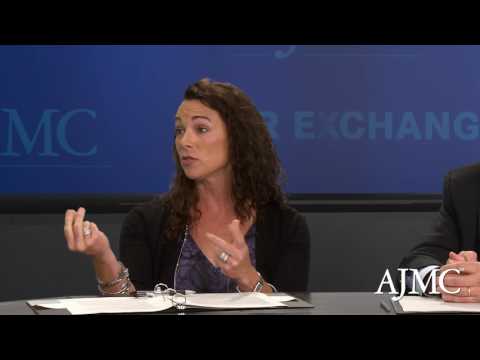
Clinical
Latest News
Latest Videos

CME Content
More News













A perspective piece, published by researchers from Rutgers University, laments the lack of interest shown by researchers in a clinical trial data-sharing project launched in January 2014.

What we're reading, October 28, 2016: Medicare blocks some efforts to automatically move customers eligible for Medicare into Medicare Advantage; the first lung cancer vaccine developed in Cuba will be tested in the US; and American Red Cross and Teladoc partner for disaster relief.

For millions, the Affordable Care Act promised relief from the expenses of contraception. So why are many still not feeling it?

Long-term follow-up of women who underwent mastectomy and breast reconstruction subsequent to a breast cancer diagnosis found that the success of the procedure and associated complications were not influenced by the woman’s age.

The quality of outpatient care for adults has not improved during the past decade, and in some important areas has worsened, according to a new study published in JAMA Internal Medicine by David M. Levine, MD, of Brigham & Women’s Hospital in Boston, and colleagues.

At the Payer Exchange Summit V, sponsored by the Community Oncology Alliance (COA), 2 employer groups and a provider participated on a panel to provide practical insight into the extraordinary challenges and decisions faced by employers and employees with a cancer diagnosis.

What we’re reading, October 24, 2016: Cigna makes it easier for clinicians to prescribe drugs to treat opioid addiction; some hospitals move to eliminate sugary drinks from their campuses; and a researcher at the National Cancer Institute was months late to notify authorities of 2 deaths in the clinical trial he oversaw.

The hotspotting technique that Camden Coalition of Healthcare Providers uses to care for complex patients shifts away from breaking people into segments based on disease, and looks at the whole make up of a person, considering every disease or social complexity that may be in effect, explained Renee Murray, associate clinical director of Care Management Initiatives at Camden Coalition.

Coverage of our peer-reviewed research in the healthcare and mainstream press.

Patients with a history of cancer were more likely to suffer from obesity than the general population, according to new research studying the incidence of obesity in cancer survivors.

For millions, the Affordable Care Act promised relief from the expenses of contraception. So why are many still not feeling it?

What we're reading, October 18, 2016: Pfizer's Remicade biosimilar set to launch in late November; HHS receives allegations that 7 insurers are discriminating against patients with HIV; and most staff changes in the Department of Veterans Affairs are just manager moves.

What we're reading, October 17, 2016: more than 1 million Americans will lose their current Obamacare plan; physicians grow increasingly frustrated over insurance trends; and how overactive bladder disorder could benefit from less drug treatments.


















